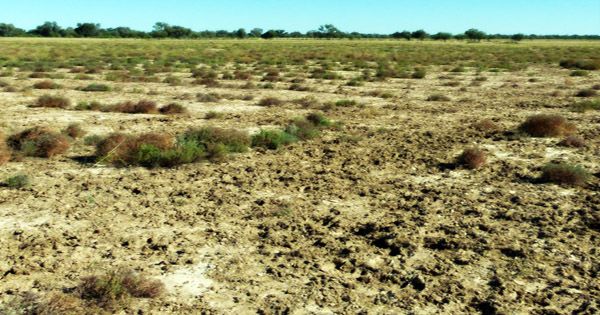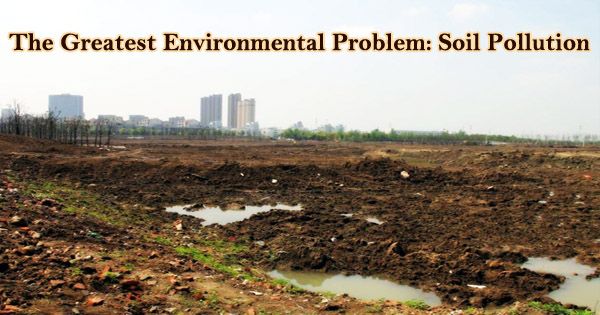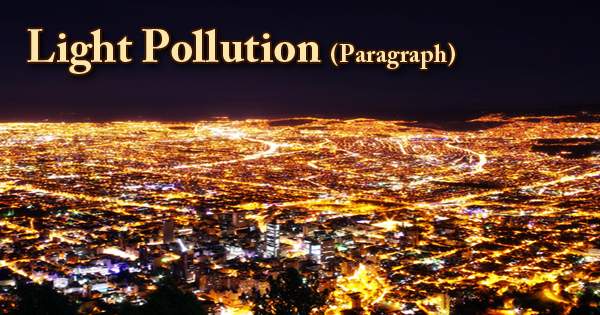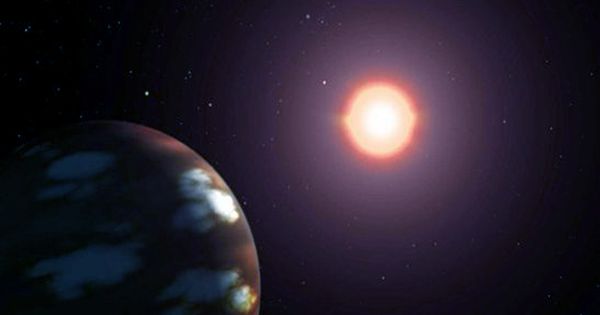Soil pollution is one of the greatest and most prevalent issues that people face today. Most of the bacterial biodiversity and other microscopic and macroscopic living organisms live in the soil. Soil is typically a mixture of composite elements that are non-organic and organic; it consists of minerals, rocks, air, water, and humus; thus, the soil is considered a highly valuable resource. Soil contamination or soil pollution can happen either in view of human exercises or on account of common cycles. Notwithstanding, generally it is because of human exercises. Soil is likewise esteemed in light of the fact that; it is that face of earth where trees and plants support their underlying foundations and create in the energizing climate; the soil is additionally the home to various little microorganism living beings significant for cultivating purposes. Soil pollution may occur in excessive amounts due to the presence of chemicals such as pesticides, herbicides, ammonia, petroleum hydrocarbons, lead, nitrate, mercury, naphthalene, etc. The primary responsibility for soil and land contamination in urban and domestic waste, agricultural and industrial waste, etc. Owing to such pollution, not just soil but the local marine ecosystem as well as the water bodies are also being contaminated. However, it mainly boils right down to the sports of the human that reasons most of the people of soil pollutants which include heavy industries, or insecticides in agriculture.

(Soil Pollution)
Ignorance among people is the main explanation for soil contamination. The improper use of inorganic nitrogen fertilizers, also known as agrochemical waste, leads to soil acidification and degradation of agricultural soil. While villages are also important contributors to soil pollution, these forms of pollution are highly responsible for industries and factories situated in developed cities and large towns. The incorrect manner of chemical waste disposal from one-of-a-kind kinds of industries can cause contamination of soil. Although soil pollution has always been important trouble however the urbanization, deforestation superior lifestyle, technological development, and much less conscious people nowadays are contributing significantly to the upward thrust of soil pollutants. In addition, excess watering, insufficient canal, and irrigation channel maintenance, lack of crop rotation, and intensive cultivation progressively reduce soil quality over time and cause land degradation. Nuclear waste is very dangerous to health because it has radioactive compounds that create nuclear radiation. If such radioactive nuclear waste is discarded in trash bins, nuclear radiation that poses a danger to the lives of living beings can be released. Removal of plastics, jars, and other strong waste falls into the classification of soil contamination. Removal of electrical products, for example, batteries causes an unfavorable impact on the dirt because of the presence of destructive synthetic substances. For example, lithium present in batteries can cause the filtering of soil. In addition, leaking sewerage systems can also affect the consistency of the soil and cause soil contamination by altering the soil’s chemical composition. Each individual’s small move can bring a major revolution in saving the earth from soil pollution, but it has to start now.
















